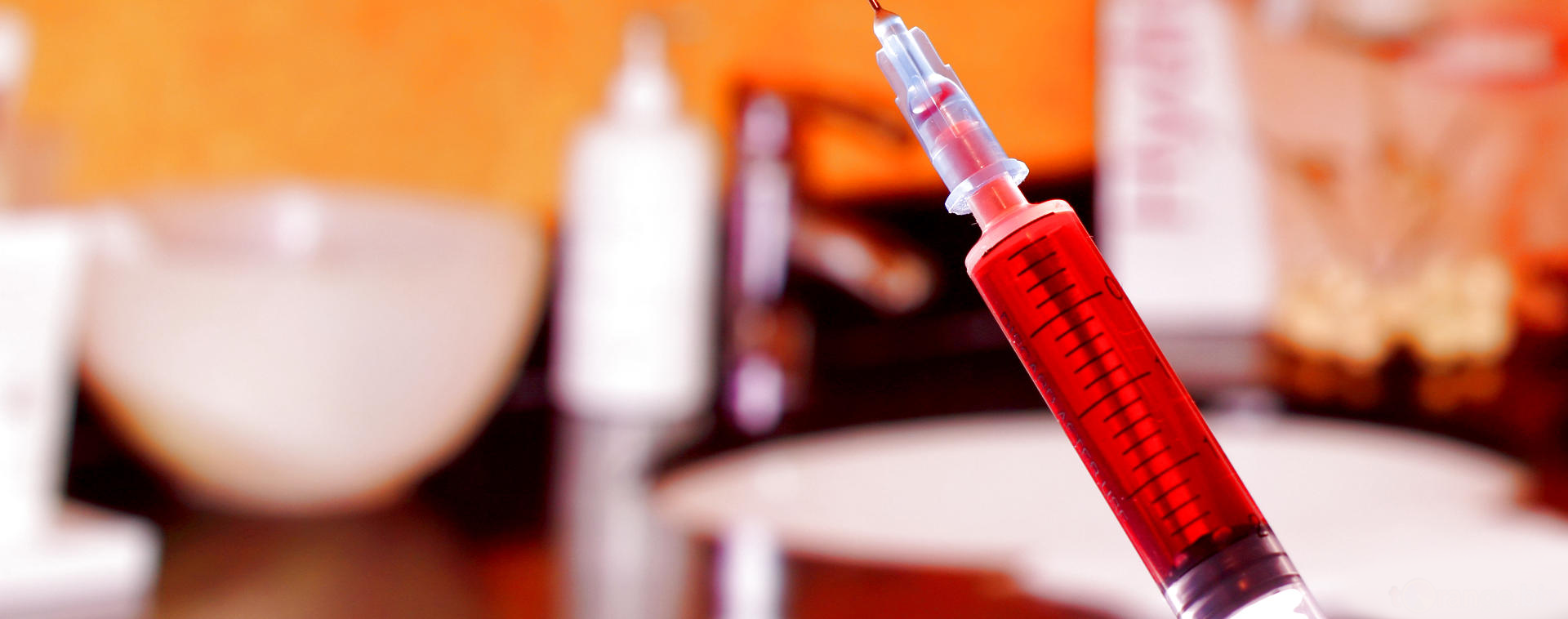
Treating Strabismus with Botox Injections
Often, surgical alternatives are sought out as a less invasive approach to medical treatment. Although strabismus surgery has a relatively low success rate, it is highly invasive, and often imprecise. As an alternative to having muscles of the eye exposed, amputated and recalibrated, ophthalmologist may try improving symptoms of ocular deviation using a popular cosmetic injection: Botox.
A brief history on botulinum toxin
Botox, or botulinum toxin, or was originally created for use in treating strabismus and proptosis, but has made its fame from off-label uses in cosmetic procedures. This potent neurotoxin injection causes paralysis of the muscles of injection. Relieving muscle spasms. But is Botox a valuable treatment in patients with strabismus?
What the Experts Say
Medical literature is well versed in the use of Botox as a therapeutic approach to correcting strabismus. However, the efficacy of treatment is not certain.
The American Academy of Ophthalmology refers to Botox injections for treating strabismus as an ‘’extremely safe and effective way of changing the position of the eyes.’’
According to Cochrane, a global network of ethical healthcare researchers and providers, however, multiple points of evidence indicate that Botox injections fail in comparison to traditional surgery, citing that Botox therapy may even reduce the chances of recovery from strabismus surgery.
There are currently ongoing clinical trials to compare the efficacy of Botox treatment in strabismus to surgical alignment, but we wont know for certain until they conclude in 2021.
Negative Drawbacks of using botox
Now, to administer Botox is not as quick a procedure as removing fine lines and wrinkles. In ‘’cooperating’’ teenagers and adults, the AAO describes anesthetizing the eye and injecting a special needle connected to an electromyogram (EMG) while the patient is asked to move their eye around.
Because of this, children are less likely to comply with the above procedure, requiring the use of general anesthesia or ketamine. Both medications carry their own set of side effects including proptosis, allergic reactions, and even Hepatitis C, from the human derived albumin in the injection.
In addition, even after undergoing injections, there is no guarantee for how long the Botox will be effective, if at all. The botulinium toxin metabolizes at varying rates in different individuals, and, for some, it unfortunately has no effect at all.
Although meant to be a less invasive procedure than surgery, Botox injections in the treatment of strabismus also carry a significant amount of administration with potentially harmful side effects.




Pingback: Treatments for Amblyopia | PinpointEyes